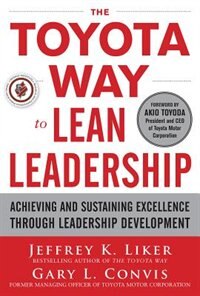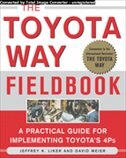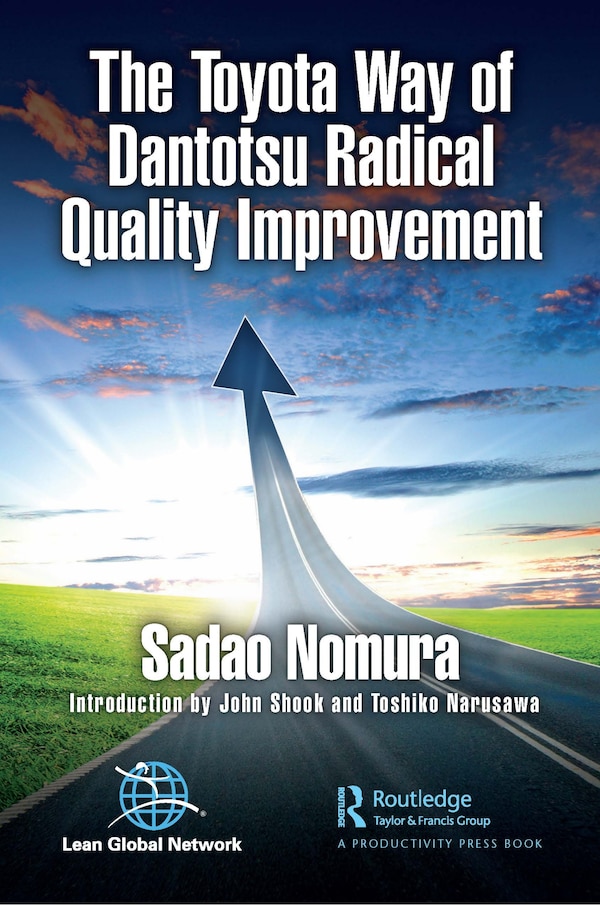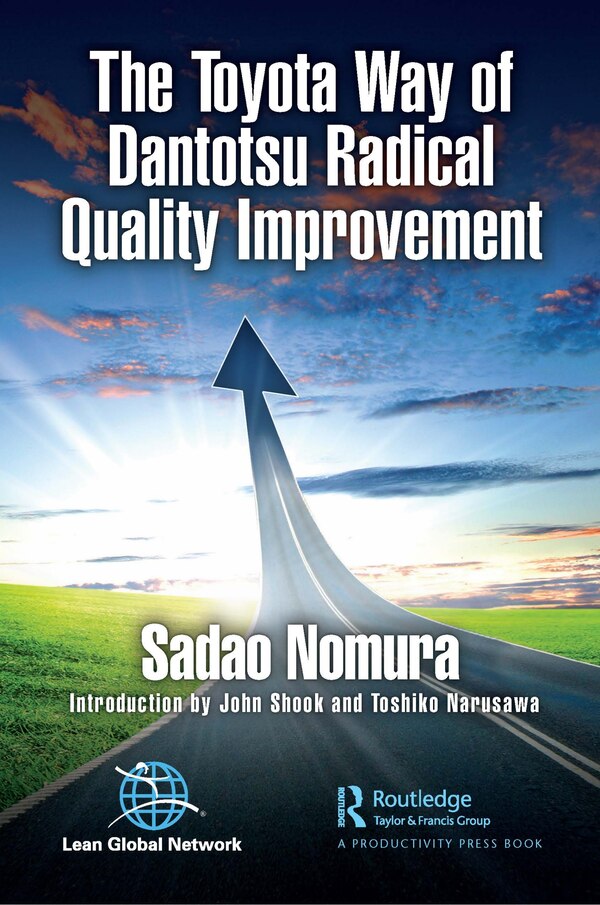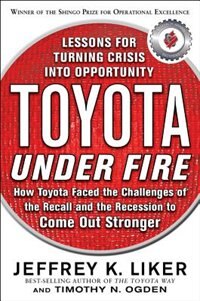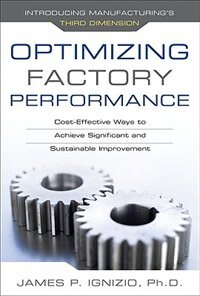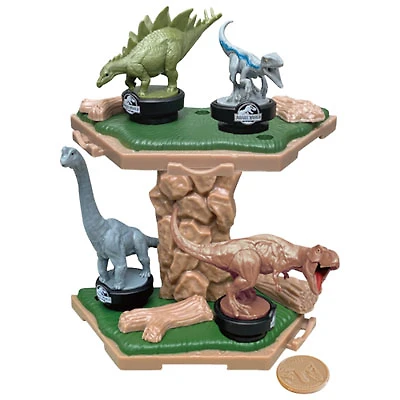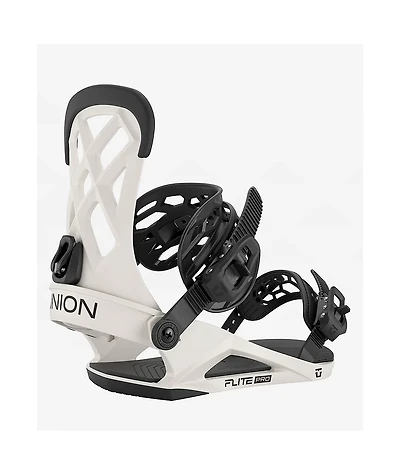
Give the Gift of Choice!
Too many options? Treat your friends and family to their favourite stores with a Bayshore Shopping Centre gift card, redeemable at participating retailers throughout the centre. Click below to purchase yours today!Purchase HereHome
The Toyota Way to Continuous Improvement: Linking Strategy and Operational Excellence to Achieve Superior Performance by Jeffrey K Liker, Perfect
Coles
Loading Inventory...
The Toyota Way to Continuous Improvement: Linking Strategy and Operational Excellence to Achieve Superior Performance by Jeffrey K Liker, Perfect in Ottawa, ON
From Jeffrey K Liker
Current price: $61.50

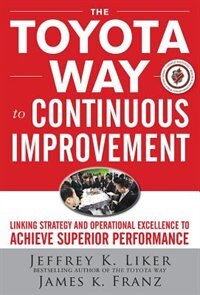
From Jeffrey K Liker
The Toyota Way to Continuous Improvement: Linking Strategy and Operational Excellence to Achieve Superior Performance by Jeffrey K Liker, Perfect in Ottawa, ON
Current price: $61.50
Loading Inventory...
Size: 1.45 x 9.31 x 1.78
*Product information may vary - to confirm product availability, pricing, shipping and return information please contact Coles
Building upon the international bestselling Toyota Way series of books by Jeffrey Liker, The Toyota Way to Continuous Improvement looks critically at lean deployments and identifies the root causes of why most of them fail. The book is organized into three major sections outlining: Why it is critical to go beyond implementing lean tools and, instead, build a culture of continuous improvement that connects operational excellence to business strategy Case studies from seven unique industries written from the perspective of the sensei (teacher) who led the lean transformationLessons about transforming your own vision of an ideal organization into reality Section One: Using the Plan-Do-Check-Adjust (PDCA) methodology, Liker and Franz contrast true PDCA thinking to that of the popular, superficial approach of copying lean solutions. They describe the importance of developing people and show how the Toyota Way principles support and drive continuous improvement. Explaining how lean systems and processes start with a purpose that provides a true north direction for all activities, they wrap up this section by examining the glaring differences between building a system of people, processes, and problem- solving that is truly lean versus that of simply trying to lean out a process. Section Two: This section brings together seven case studies as told by the sensei who led the transformation efforts. The companies range from traditional manufacturers, overhaul and maintenance of submarines, nuclear fuel rod production, health care providers, pathology labs, and product development. Each of these industries is different but the approaches used were remarkably similar. Section Three: Beginning with a composite story describing a company in its early days of lean implementation, this section describes what went right and wrong during the initial implementation efforts. The authors bring to light some of the difficulties the sensei faces, such as bureaucracies, closed-minded mechanical thinking, and the challenges of developing lean coaches who can facilitate real change. They address the question: Which is better, slow and deep organic deployment or fast and broad mechanistic deployment? The answer may surprise you. The book ends with a discussion on how to make continuous improvement a way of life at your company and the role of leadership in any lean transformation. The Toyota Way to Continuous Improvement is required reading for anyone seeking to transcend his or her tools-based approach and truly embrace a culture of continuous improvement. | The Toyota Way to Continuous Improvement: Linking Strategy and Operational Excellence to Achieve Superior Performance by Jeffrey K Liker, Perfect
Building upon the international bestselling Toyota Way series of books by Jeffrey Liker, The Toyota Way to Continuous Improvement looks critically at lean deployments and identifies the root causes of why most of them fail. The book is organized into three major sections outlining: Why it is critical to go beyond implementing lean tools and, instead, build a culture of continuous improvement that connects operational excellence to business strategy Case studies from seven unique industries written from the perspective of the sensei (teacher) who led the lean transformationLessons about transforming your own vision of an ideal organization into reality Section One: Using the Plan-Do-Check-Adjust (PDCA) methodology, Liker and Franz contrast true PDCA thinking to that of the popular, superficial approach of copying lean solutions. They describe the importance of developing people and show how the Toyota Way principles support and drive continuous improvement. Explaining how lean systems and processes start with a purpose that provides a true north direction for all activities, they wrap up this section by examining the glaring differences between building a system of people, processes, and problem- solving that is truly lean versus that of simply trying to lean out a process. Section Two: This section brings together seven case studies as told by the sensei who led the transformation efforts. The companies range from traditional manufacturers, overhaul and maintenance of submarines, nuclear fuel rod production, health care providers, pathology labs, and product development. Each of these industries is different but the approaches used were remarkably similar. Section Three: Beginning with a composite story describing a company in its early days of lean implementation, this section describes what went right and wrong during the initial implementation efforts. The authors bring to light some of the difficulties the sensei faces, such as bureaucracies, closed-minded mechanical thinking, and the challenges of developing lean coaches who can facilitate real change. They address the question: Which is better, slow and deep organic deployment or fast and broad mechanistic deployment? The answer may surprise you. The book ends with a discussion on how to make continuous improvement a way of life at your company and the role of leadership in any lean transformation. The Toyota Way to Continuous Improvement is required reading for anyone seeking to transcend his or her tools-based approach and truly embrace a culture of continuous improvement. | The Toyota Way to Continuous Improvement: Linking Strategy and Operational Excellence to Achieve Superior Performance by Jeffrey K Liker, Perfect
